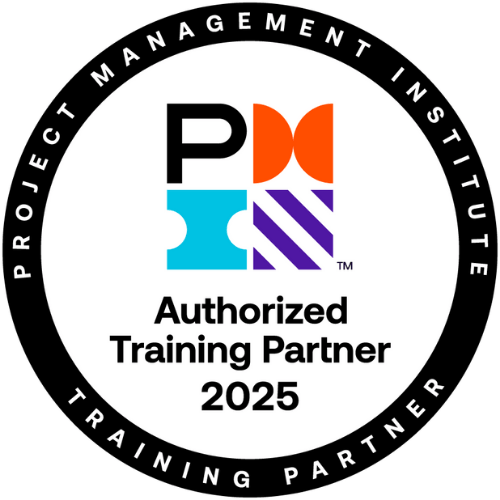Projects, unlike operations, are unique undertakings that lead to unique outcomes. They face unique challenges that require an ecosystem where knowledge is easily acquired, produced, and integrated or shared. This way, unique challenges that are faced can be readily overcome through effective and timely knowledge transfer.
Project Managers need to proactively establish the formulation of such an ecosystem. The size and complexity of projects will determine how much effort and time is required to develop such an ecosystem that may be readily deployed to facilitate knowledge transfer in a project.
Knowledge is transferred primarily through codified documents such as records and files or through experience that is not codified. Codified knowledge is explicit knowledge which accounts for 5% of relevant knowledge required. Uncodified knowledge is tacit knowledge that accounts for 95% of knowledge needed to resolve unique challenges in projects. Hence the ecosystem developed should be one that facilitates experience sharing.
Several stages are involved in ensuring knowledge transfer occurs. They include clarifying project responsibilities as well as knowledge required to undertake these responsibilities. For example, an engineer may be required to design a shaft using Computer Aided Design. The knowledge required to do so has to be clarified. In the event this knowledge is not available, attempts should be made to locate the source of this knowledge so that it may be readily accessed.
For knowledge transfer to occur smoothly throughout all phases in a project, a suitable working environment to do so should be provided. Such a working environment should be identified in the planning stage of the project and provided to the team during project execution. The working environment should facilitate knowledge transfer techniques proposed such as work shadowing, networking, training that emerge at different phases of the project.
Apart from facilitating knowledge transfer, project managers should be mindful of the need to store and reuse knowledge that has been produced through knowledge sharing. This can be done through the development of project lessons learned for individual projects. These individual lessons learned may be collectively stored in knowledge repositories that help project teams seek out solutions to problems that were encountered in the past.
The need for fast and effective knowledge transfer is even more critical for projects undertaken using an adaptive approach. This is because to adapt quickly requires the ability to sense a change fast enough to be able to respond to that change in a timely manner.
For agile projects, knowledge transfer is facilitated when planning for sprints, reviewing deliverables as well as during retrospections that occur at the end of sprints. These events called sprint planning, sprint review and sprint retrospective respectively are mandatory events that must be done to facilitate knowledge sharing.






